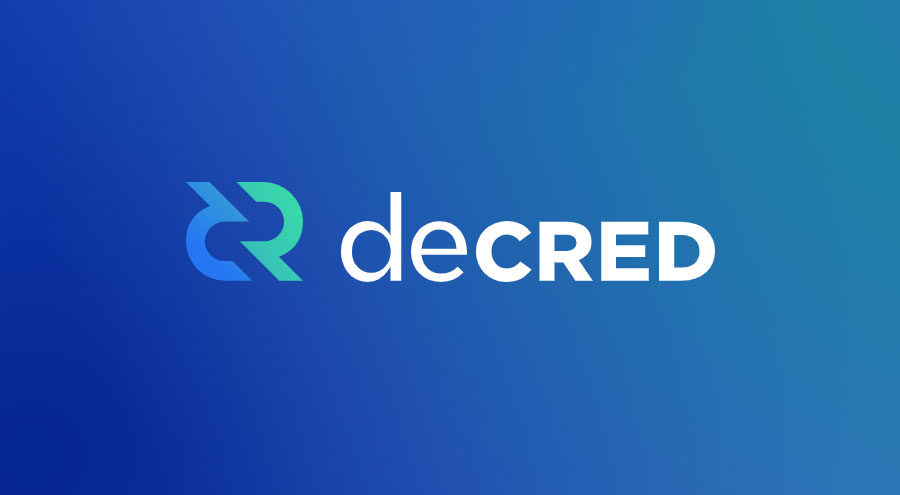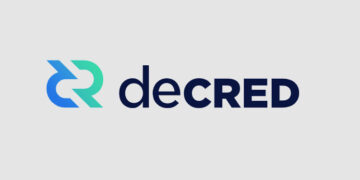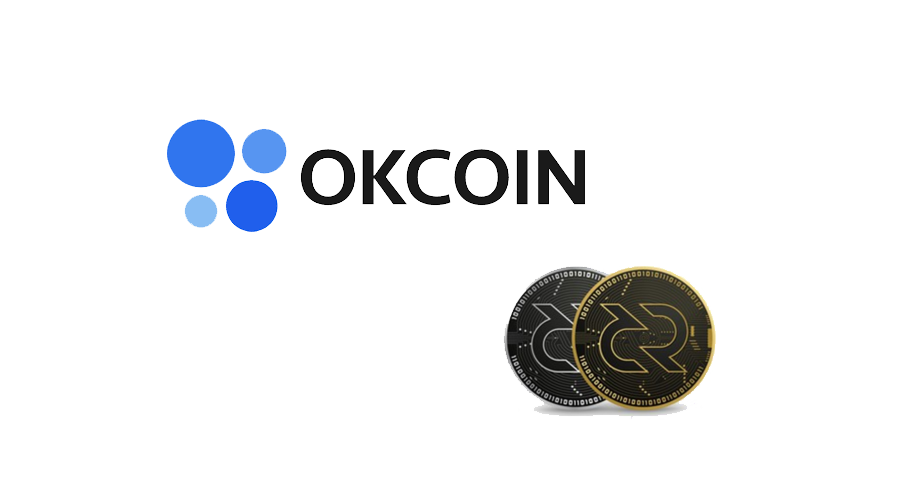Decred (DCR), a cryptocurrency altcoin with built-in governance today announced the launch of Politeia, the much-anticipated project proposal decision-making system which is designed to serve as the ideal self-governance infrastructure. The launch leaves stakeholders in charge of a treasury worth more than $20 million in DCR — increasing community autonomy and approaching its long-term goal of decentralized sovereignty.
Politeia goes a step further than most cryptocurrency governance models by facilitating the discussion and approval or rejection of governance proposals, including budgetary expenditures, development of software features, marketing plans, and higher-level policy decisions such as constitutional amendments. Until recently, Politeia’s $20-million treasury account was under the control of Decred’s development organization. Now, stakeholders have the power to disburse those funds according to the results of the voting.
“As developers, it has taken years to get to this moment when we can say that the ideals that drew us to cryptocurrency in the first place are finally being realized. The direction of Decred now lies with the collective intelligence and creativity of its stakeholders. We look forward to the exciting projects our community will propose.”
Under Politeia, users pay a small fee to register an account to comment, as well as to submit a proposal. Proposals are time-stamped for verification, and every action is stored off-chain and is cryptographically verifiable. Valid proposals are open for discussion and can be edited in response to community feedback. After the review period ends, voting begins. Stakeholders with live tickets can vote Yes or No from their wallet during the voting window. Voting outcomes serve as instructions to human contributors who will put them into effect. Any proposal submitted to Politeia that is censored can be publicly demonstrated as having been censored, creating accountability for the administrators of the proposal system.
“Decred’s killer feature is good governance, and with good governance, you can have any feature you want. Under Politeia, no one knows when one of their tickets will get chosen to vote. That incentivizes users to keep decred staked so they might be picked to vote and earn extra coins. The underlying assumption is that people with skin in the game will be incentivized to participate. Ultimately, the goal is to set the stage for other organizations — not just blockchain companies or cryptocurrencies — to use Politeia as their go-to governance mechanism.”
In the future, Decred aims to position Politeia as a resilient public record that mimics the function of typical nation-state websites for their governance bodies (e.g. senate.gov or house.gov). The availability of cryptographically verifiable public records will give users the assurance that governance is being executed in a transparent fashion, with all records independently verifiable and stored in a format that is difficult to forge. By making Decred’s governance data time-ordered in a verifiable fashion, the developers will ensure that attempts to manipulate Decred’s governance, either from outside or within, will be much more difficult than when using a conventional website or similar.
For proposal submission guidelines and other support material visit GitHub.






















